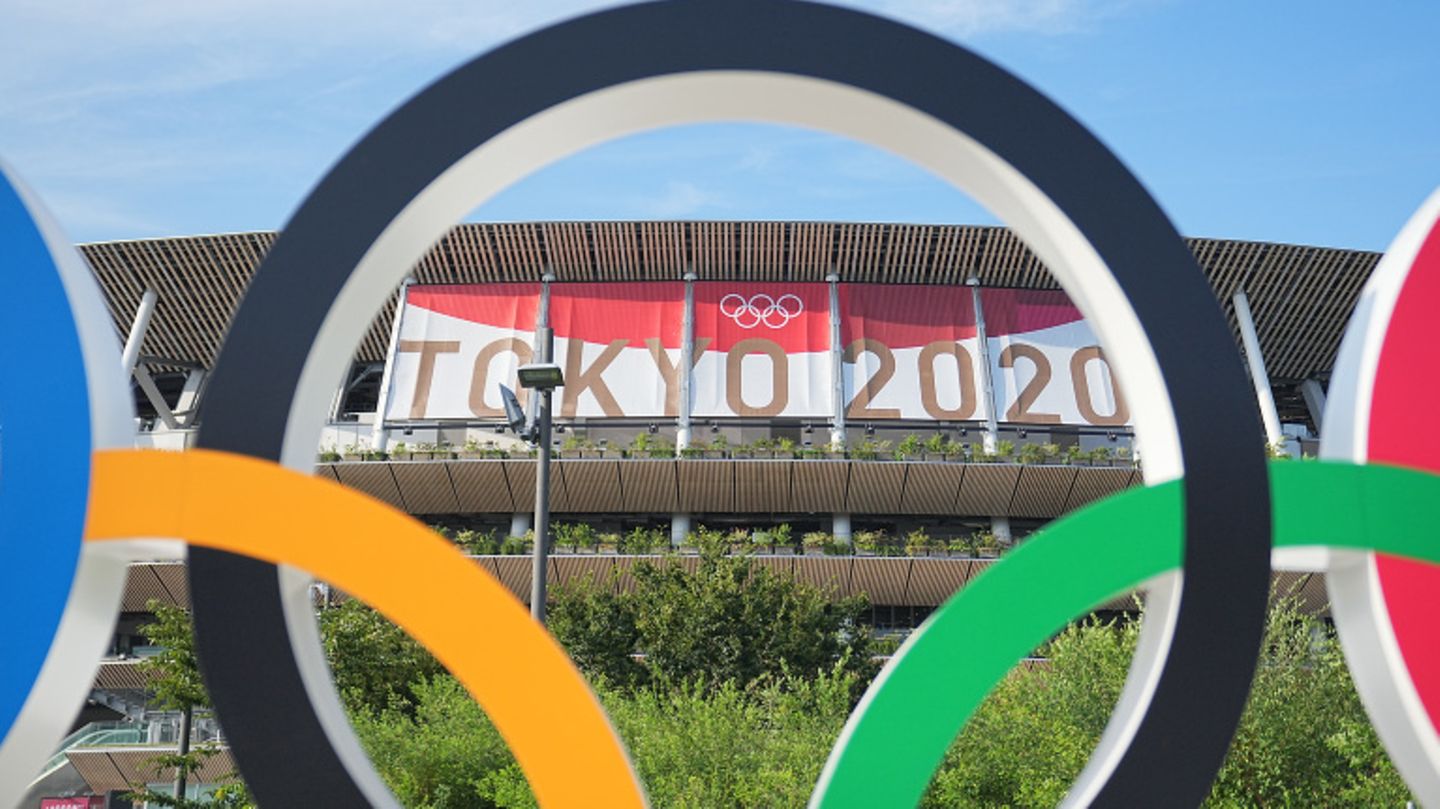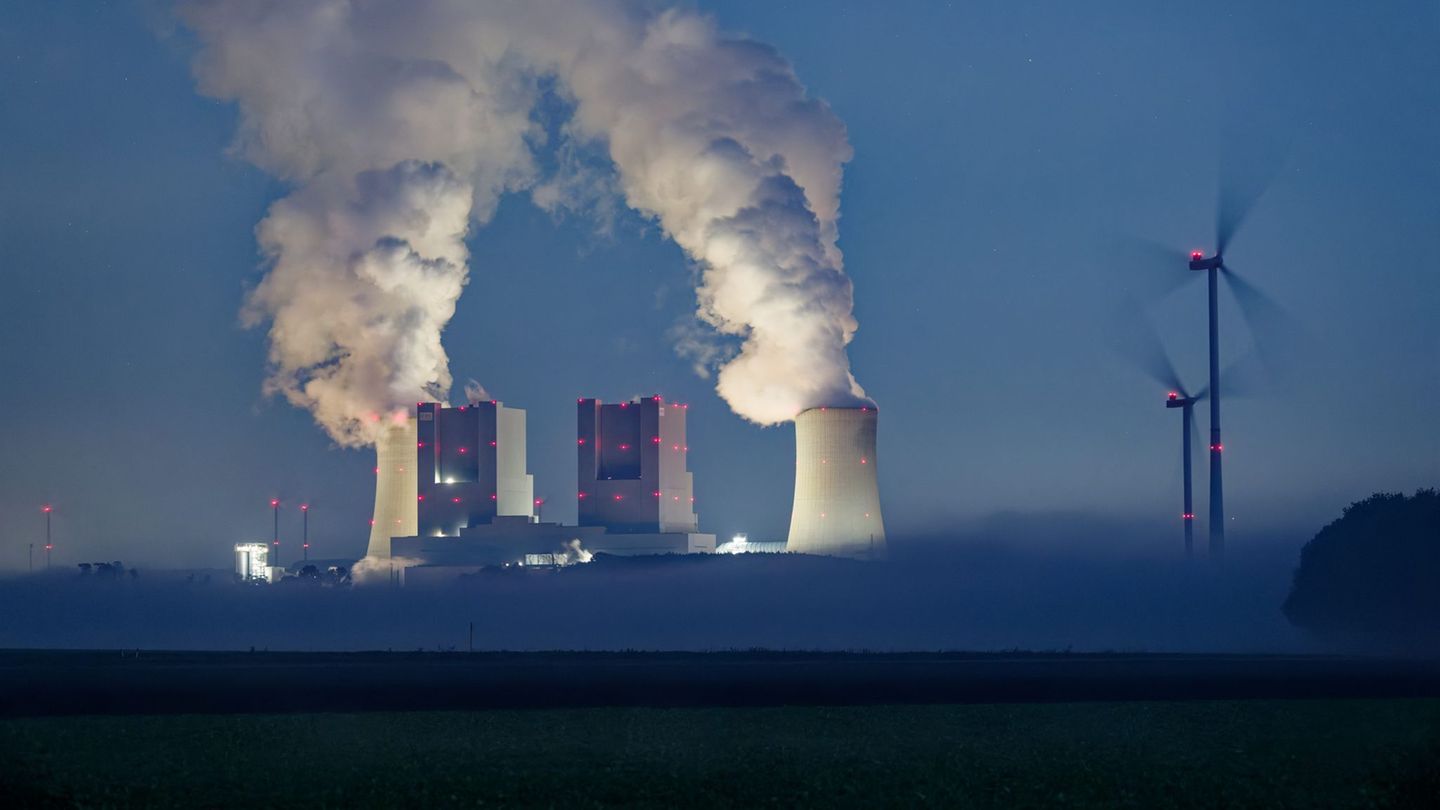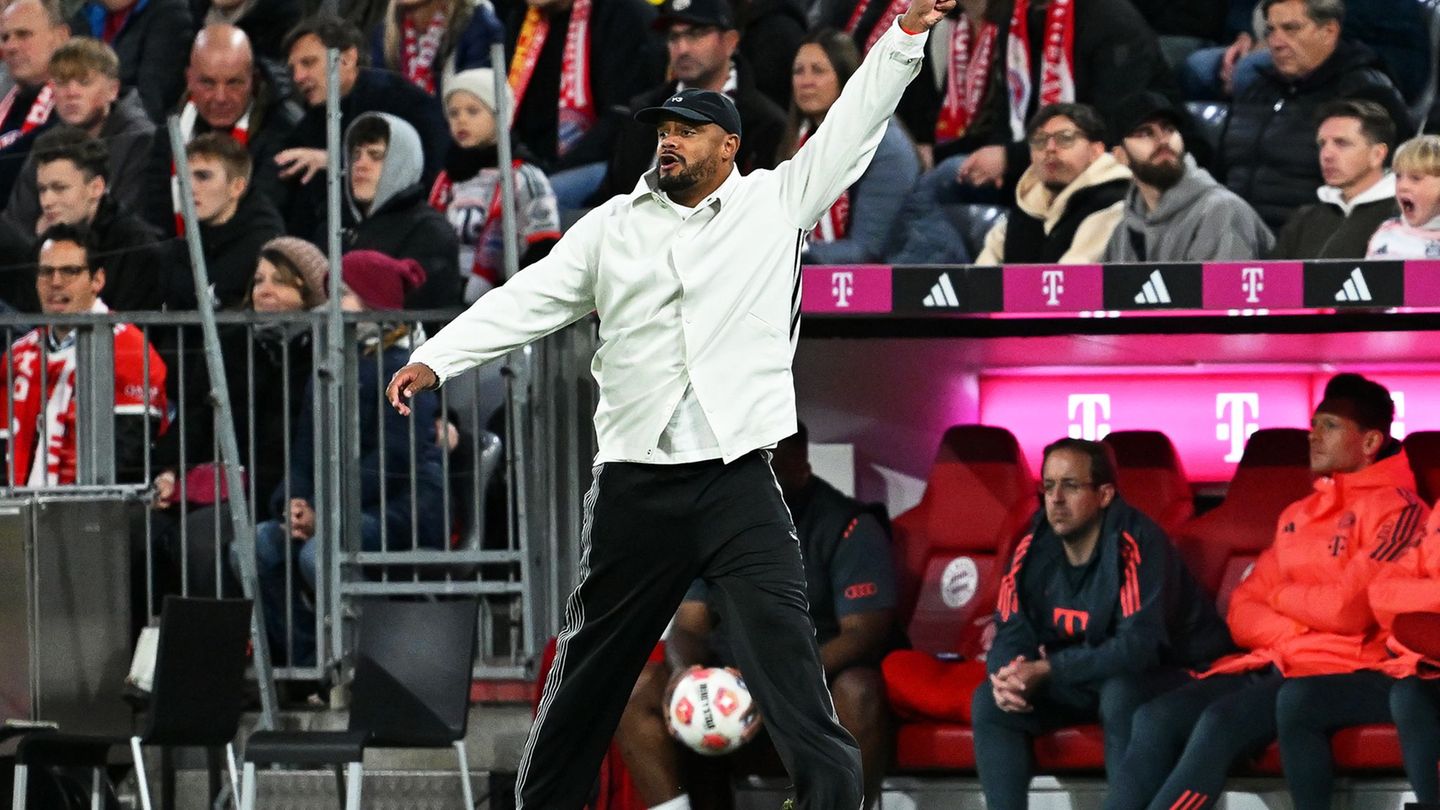Shortly before the start of the Olympic Games in Tokyo, criticism is growing louder. Despite strict protective measures, concerns about a massive spread of corona are growing. There are already almost 70 cases.
“Faster, higher, stronger – together”: That is how the new Olympic motto quickly added “Together” on Tuesday. According to IOC President Thomas Bach, the change should set the “focus on solidarity” and a “clear signal” for cooperation. Not surprising when you consider that there has rarely been as much resistance as before the Tokyo games.
Japan is on alert. It happened what many had long feared beforehand. Since teams from more than 200 countries have arrived in Tokyo in the last three weeks, there have already been almost 70 confirmed corona cases, including athletes, employees and journalists. And yet the summer games – which have already been postponed by a year due to the pandemic – will begin on Friday.
68 corona cases – several athletes affected
Three days before the games opened, the organizers registered ten more corona cases. Including an athlete in the Olympic village, as the organizing committee announced on Tuesday morning. This brings the number of positive tests identified since July 1 to 68.
After beach volleyball player Ondrej Perusic, Simon Nausch, coach of the Czech beach volleyball players, has now also tested positive. Both have gone into quarantine. The gymnast who tested positive in the US team’s Olympic training camp is Kara Eaker. Her trainer Al Fong confirmed this to the AP news agency. The 18-year-old Eaker was not yet in Tokyo, but initially only in preparation in the Japanese city of Inzai.
Three other athletes were caught on Sunday – including two footballers from the South African team who had already moved into the Olympic village. In addition to the 67 corona cases identified, there are four more from the prefectures. However, the regional authorities are not required to report on cases related to the Summer Games. A rule that – like so many other things – makes you frown.
Criticism of organizers is growing – political tightrope act
Japan experienced a violent second corona wave in the spring, which peaked in May with almost 6,000 new cases per day. Although the number of infections slowly began to decline in June, the positive trend has stopped in recent weeks. Now fears are growing that the arrival of around 20,000 athletes, employees and media representatives could turn the Games into a global superspreader event.
IOC boss Bach is well aware of the criticism from the Japanese population and international observers. “We had doubts every day,” the 67-year-old confessed on Tuesday at the start of the 138th session of the International Olympic Committee and reported on “sleepless nights”. Nevertheless, Bach considers the Tokyo games to be an important signal in the corona pandemic. Olympia will “give people confidence in the future”.
Japanese Prime Minister Yoshihide Suga is also hoping for this. In his greeting to the IOC, he spoke of an “exit after a long tunnel”. Suga assured that the health and safety of the Japanese people would be protected as well as those of the Olympic guests from abroad. For him, the games have long since become a political tightrope act. According to a recent poll by the Japanese news agency Kyodo, approval for his cabinet fell to its lowest level since he took office last year. The conservative government rejects a record number of 49.8 percent because of the loose corona policy and adherence to the Olympics.
Suga, whose term of office as party and therefore head of government ends on September 30th, has to schedule general elections by October 21st at the latest. If the mood in the population does not improve significantly, it looks bad for him. A large majority of Japanese people currently do not believe in “safe” games, according to a survey by the Japanese daily “Asahi Shimbun” published on Monday.
Top sponsors distance themselves
Another setback for the Olympic organizers is the distancing of several main sponsors and leading business representatives. After the auto giant Toyota withdrew its Olympic commercials on Monday, other leading representatives of the Japanese economy are also distancing themselves from the games.
Electronics giant Panasonic, also a top sponsor, announced on Tuesday that CEO Yuki Kusumi would be absent from the opening ceremony on Friday. The chairman of the powerful business association Keidanren, Masakazu Tokura, also wants to watch the ceremony from home. The heads of the employers’ association and the Chamber of Commerce and Industry, Kengo Sakurada and Akio Mimura, are also not interested in attending the opening ceremony in the Olympic Stadium.
All in all, the Summer Games are not under a good star. Tokyo has declared a state of emergency and has taken special precautions – spectators are not allowed in the arenas and strict corona rules also apply to the Olympians. And yet the rising Covid numbers among the international guests speak for themselves.
It remains to be seen whether the “common ground” of the Games, emphasized by the IOC, will actually lead to more solidarity in the end – or only to more corona cases.
, “, with DPA
I have been working in the news industry for over 6 years, first as a reporter and now as an editor. I have covered politics extensively, and my work has appeared in major newspapers and online news outlets around the world. In addition to my writing, I also contribute regularly to 24 Hours World.




